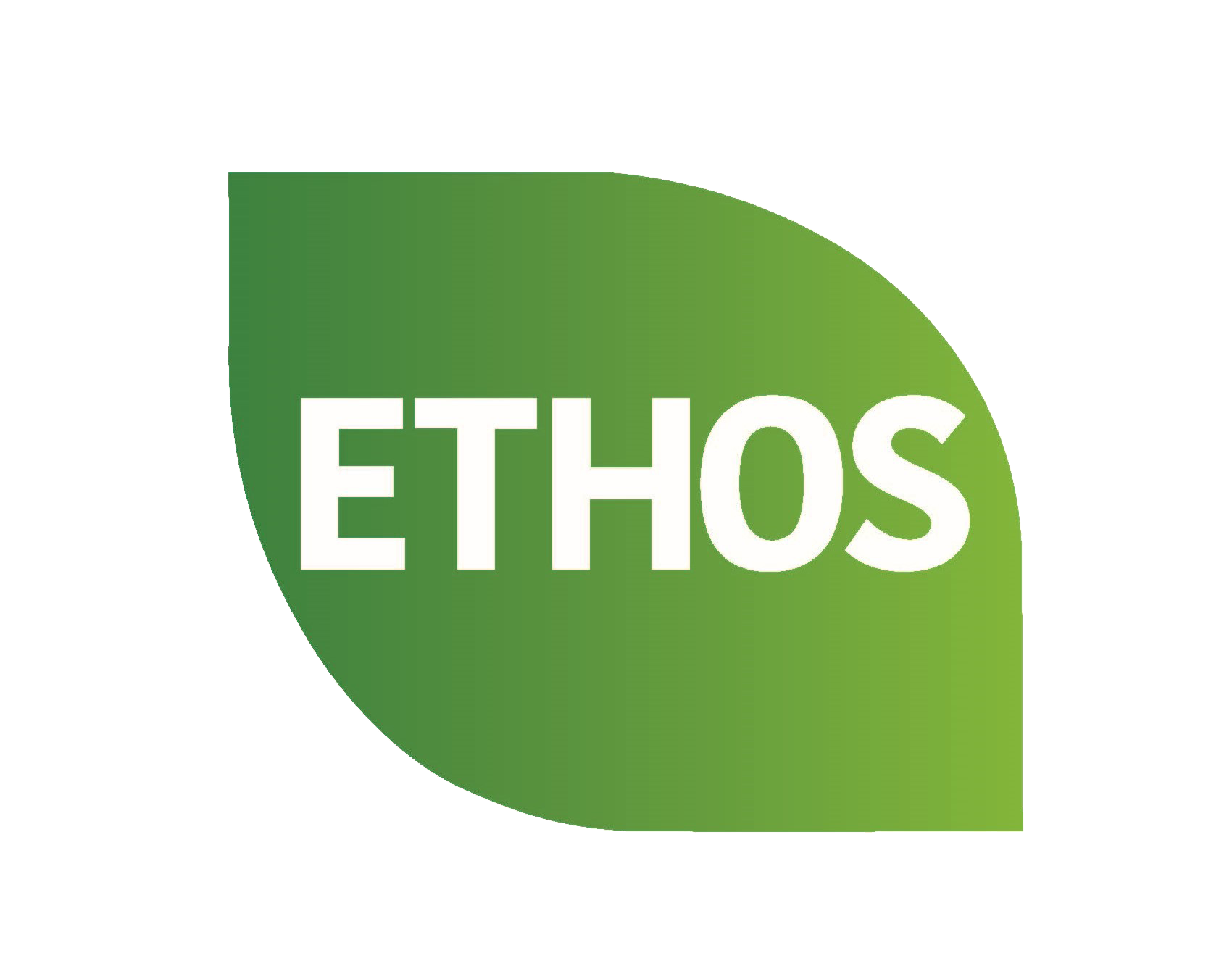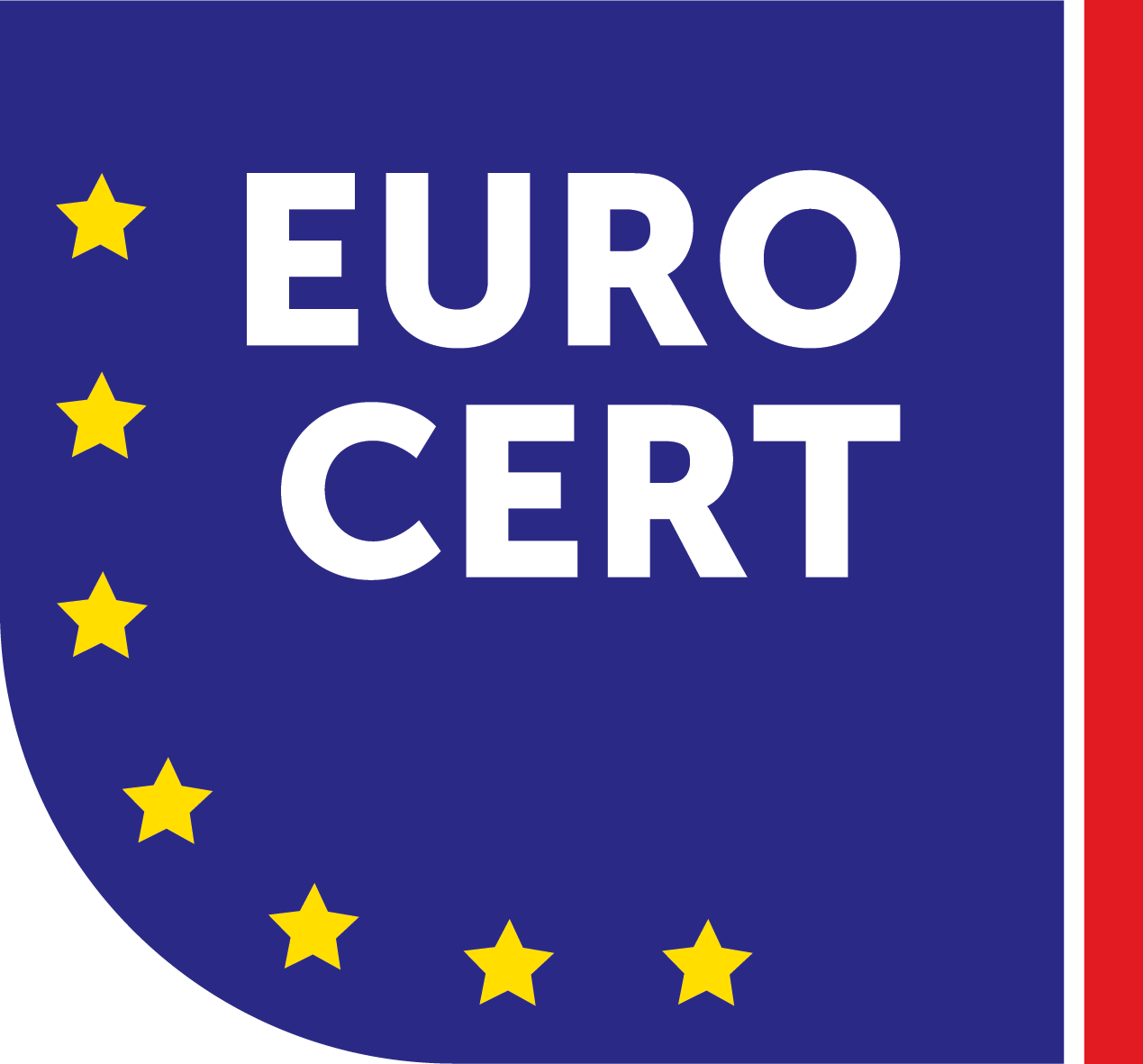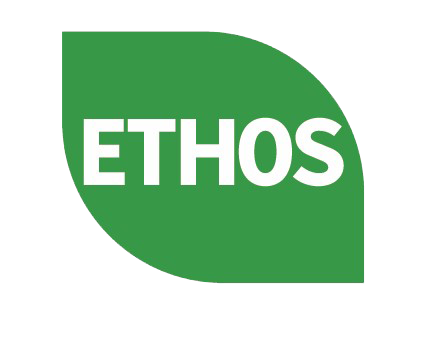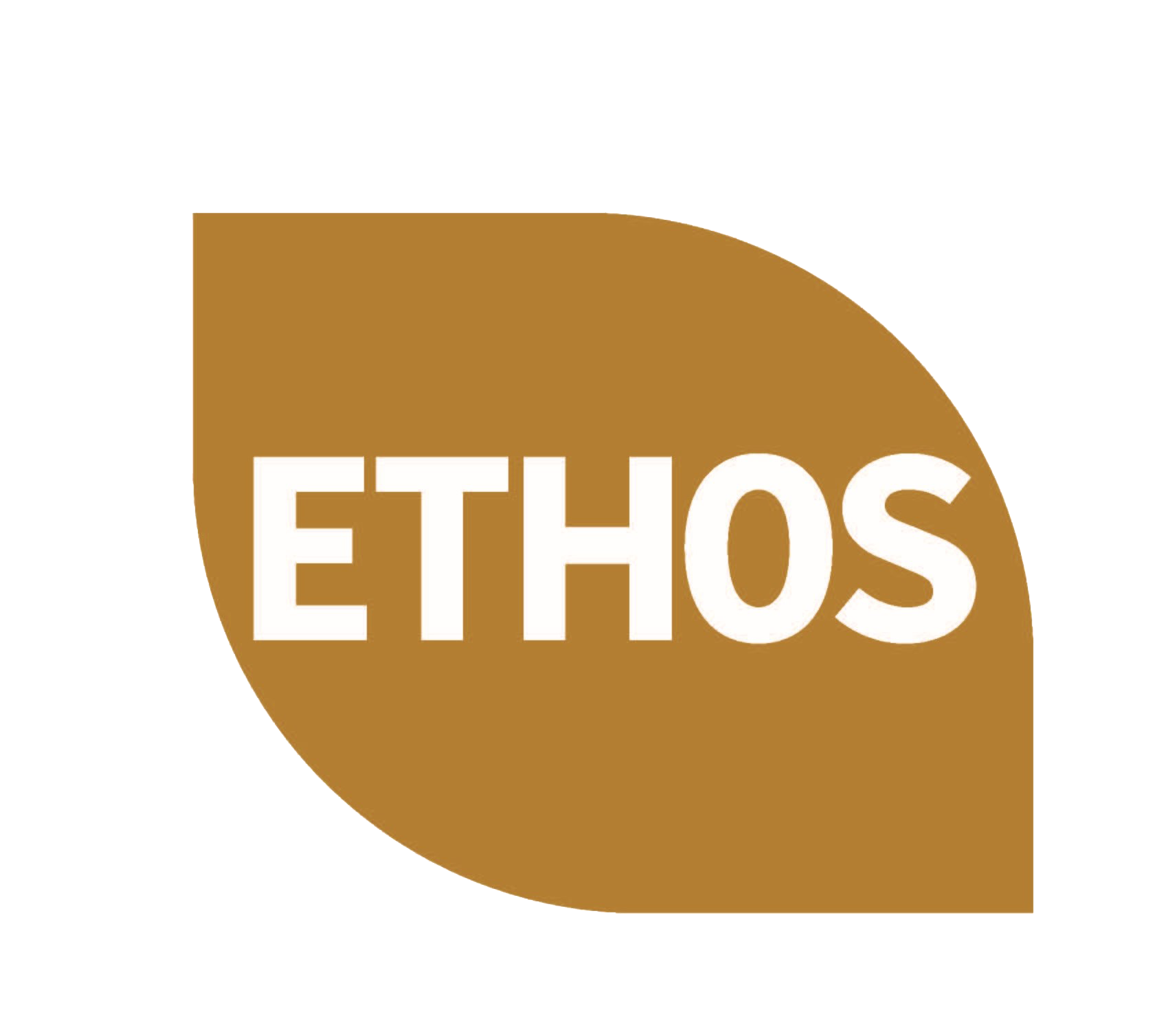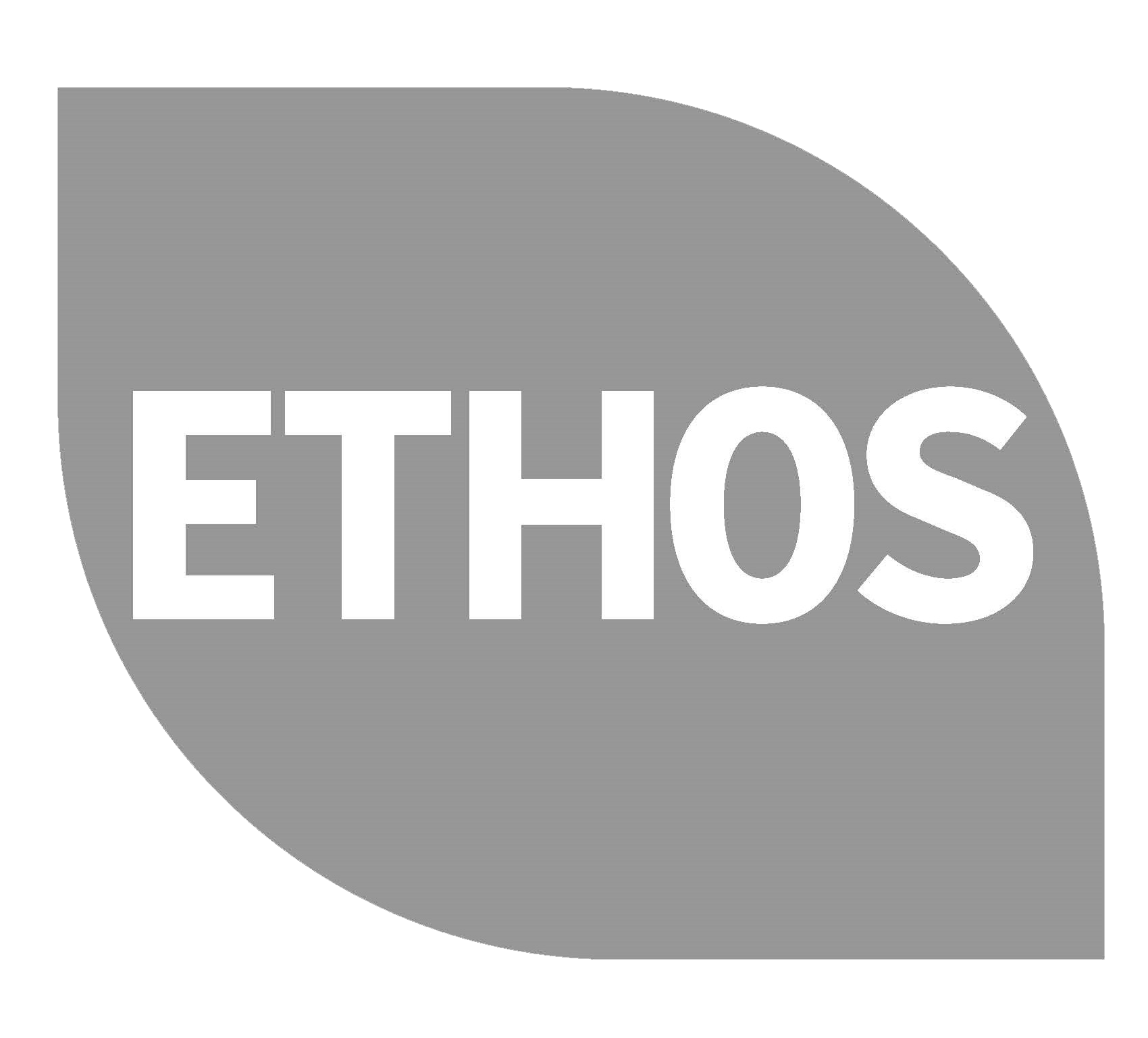ISO 14001:2015 standard concerns all companies aiming at improving their environmental performance. As concern for environmental protection becomes globally more intense day by day, more companies wish to prove their environmental awareness to their clients and interested parties by adopting and implementing an Environmental Management System. ISO 14001:2015 is a process standard. Therefore, it can be implemented by any company, regardless of its size or activity including product manufacturers or service providers.
